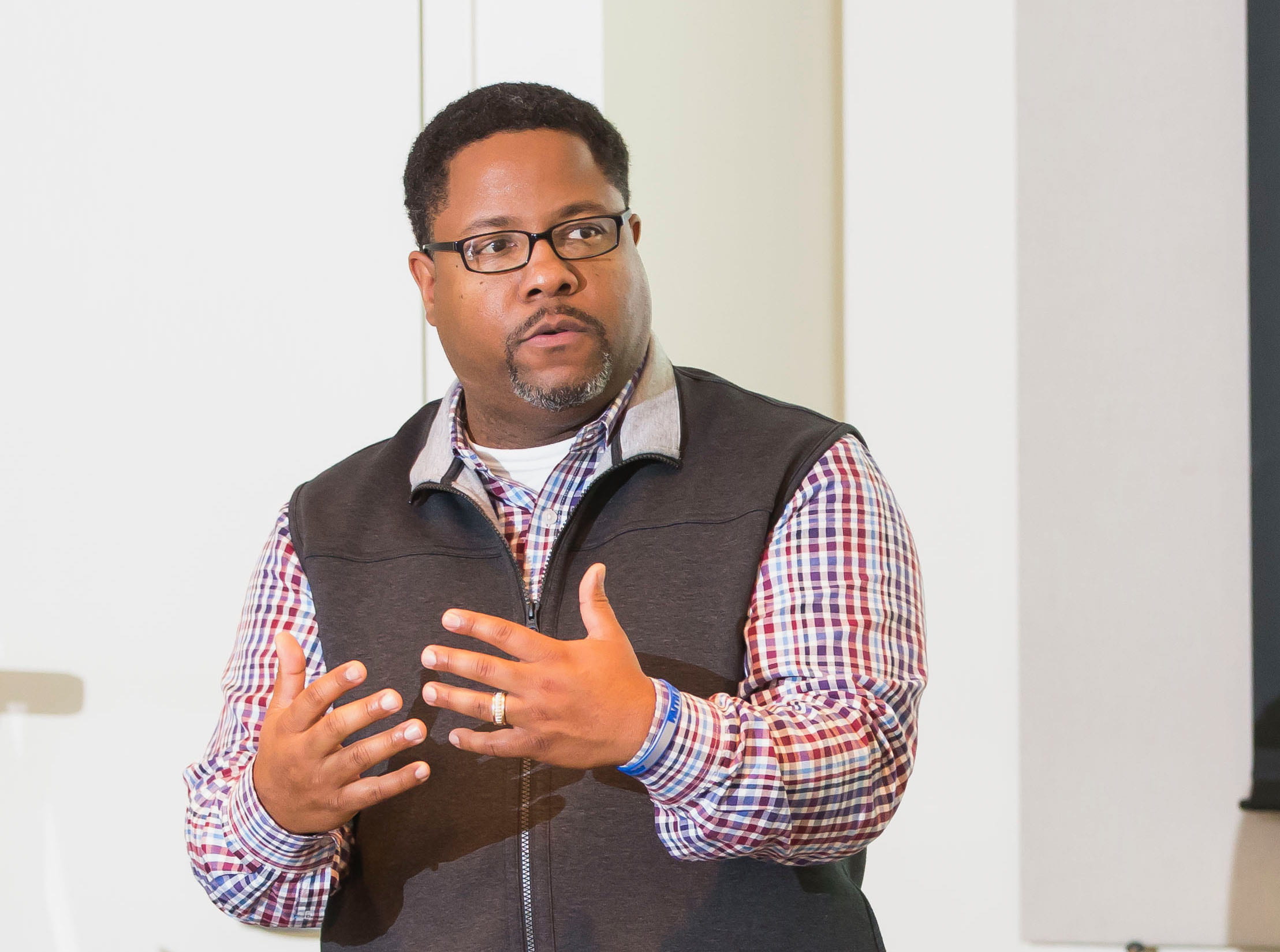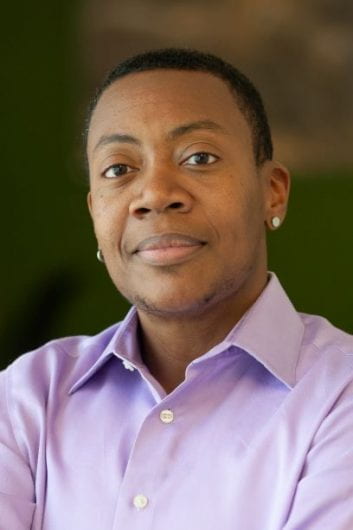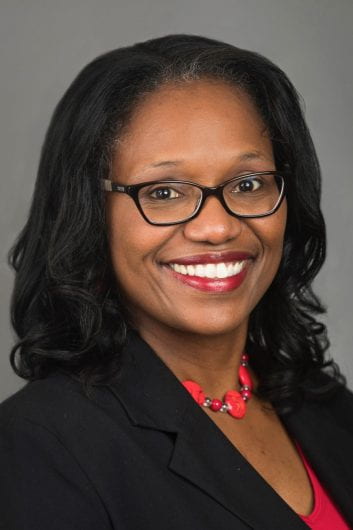
Richard Milner, Cornelius Vanderbilt Distinguished Professor of Education in the Department of Teaching and Learning at Vanderbilt University. Credit: Courtesy of Richard Milner
A new webinar series through the College of Education and Human Ecology will explore an issue close to colleges and universities: racism in education research.
“Unapologetic Educational Research: Addressing Anti-blackness, Racism and White Supremacy” will consist of three webinars featuring alumni of the college who will speak on how traditional academic research methods marginalize people of color, how to engage people with different perspectives in research and the implicit bias toward Black, female school leaders.
The series will be hosted by professors of higher education and student affairs Lori Patton Davis, chair of the Department of Educational Studies, and Penny Pasque, director of qualitative methods in the Office of Research, Innovation and Collaboration. It will feature Ohio State alumni of the College of Education and Human Ecology D-L Stewart of Colorado State University, Richard Milner of Vanderbilt University and April Peters-Hawkins of the University of Houston.
“I approached Dr. Penny Pasque and what I proposed to her was, as people who are conducting research that’s supposed to be informing policy and forming practice, how do we engage folks in the idea of doing research that names racism, white supremacy and these different power structures and to do in a way that they’re not afraid to?” Patton Davis said.
Patton Davis said she and Pasque wanted to invite members of communities affected by police violence and racism to speak about the importance of representation in higher education research. She said inviting Ohio State alumni drives home the importance.
The series begins Thursday at 3 p.m. with Stewart, co-chair of the student affairs in higher education program at Colorado State University and 2001 graduate of Ohio State’s educational administration and higher education doctorate program.

D-L Stewart of Colorado State University, a professor in the School of Education and co-chair of the Student Affairs in Higher Education programs at Colorado State University. Credit: Courtesy of D-L Stewart
“I still have a great deal of love for the particular department that I went through,” Stewart said, “and having the opportunity to be involved and to be able to give back to the college and department that in many ways made me the scholar and teacher that I am today is something that I wouldn’t pass up.”
Patton Davis said Stewart’s research focuses on racial injustice, the difference between equity and equality and what it means to be transgender and Black in an academic space. Stewart said the timing of the forum, amid months of protests against police violence and systemic racism, is important.
“As educators, we have a responsibility to engage in these discussions frankly and to have a critically informed conversation about how we as a country, a society and institutions of higher education have participated in the perpetuation of racism, white supremacy and other forms of oppression,” Stewart said. “To do so is not unpatriotic and not un-American. In fact, it is one of the most patriotic things you can do to engage in the conversations and the discussions that can help make our country better.”
After Stewart’s talk Thursday, Milner, the Cornelius Vanderbilt chair of education in the Department of Teaching and Learning at Vanderbilt University, will be featured in an Oct. 22 webinar. Patton Davis said Milner’s research focuses on urban education and how school leaders are educated. He earned his doctorate in educational policy and leadership from Ohio State in 2001.

April Peters-Hawkins, associate professor and associate chair of the Department of Educational Leadership and Policy Studies at the University of Houston. Credit: Courtesy of April Peters-Hawkins
Peters-Hawkins, associate chair of educational leadership and policy studies at the University of Houston, will be featured in a Nov. 12 webinar. Patton Davis said Peters-Hawkins’ research focuses on the benefits and challenges to Black women in leadership. Peters-Hawkins became a high school principal in Baltimore after earning her doctorate in educational policy and leadership from Ohio State in 2003.
Patton Davis said the college began developing the series in June following the death of George Floyd, a Black man killed by police in late May. According to the Office of Equity, Diversity and Global Engagement, more sessions may be added to the series.
Patton Davis said she hopes viewers better understand the role research, especially educational research, plays in society.
“Most importantly, I want people to walk away with the confidence to start asking the right questions to answer some of the vexing educational problems we’ve had for centuries,” Patton Davis said. “Our hope is that people will have a different vantage point on not what research is, but what it can be if we began to center the voices of people who are typically left out of research.”


